Understanding Your Nutritional Needs: The Athlete’s Guide to Supplements
For athletes striving to achieve peak performance, understanding individual nutritional needs is essential. Each athlete’s body responds differently to physical exertion, training regimens, and dietary inputs. Therefore, recognizing one’s specific requirements is the first step toward optimizing athletic capabilities. Supplements serve as valuable tools in this process, helping to bridge any gaps in nutrition that may arise from intense training schedules.
The primary types of supplements include protein powders, vitamins, and specific dietary aids. Protein powders are especially popular among athletes, facilitating muscle recovery and growth after rigorous workouts. Adequate protein intake is vital for maintaining and building lean muscle mass, with whey, casein, and plant-based proteins offering various benefits for differing dietary preferences. Essential vitamins play a critical role in boosting immunity, enhancing energy production, and supporting various bodily functions. For example, B vitamins are crucial for energy metabolism, while vitamin D is significant for bone health.
In addition to these, there are numerous dietary aids designed to target specific needs. Creatine, for instance, can help improve strength and power output, whereas branched-chain amino acids (BCAAs) may assist in reducing muscle soreness and fatigue during and after workouts. However, it’s important to note that supplements should not serve as substitutes for a balanced diet, but rather complement a well-structured nutritional plan. The efficacy of supplements also varies based on an athlete’s activity level, training regimen, and individual recovery needs.
Consulting with healthcare or nutrition professionals is crucial for tailoring supplement choices. These experts can guide athletes in identifying their particular nutritional requirements and selecting appropriate supplements, ultimately enhancing endurance, strength, and overall wellness. A personalized approach ensures that each athlete can boost their athletic performance through informed nutritional strategies.
Maximizing Performance: Choosing the Right Supplements for Your Goals
When it comes to enhancing athletic performance, selecting the appropriate supplements is crucial for meeting individual fitness objectives. Athletes can find themselves overwhelmed by the vast array of products available, making it essential to focus on specific goals, such as muscle gain, improved recovery, and sustained energy levels. Understanding the functions of various supplements can significantly impact performance and overall health.
For those focusing on muscle gain, protein powders are one of the most popular choices. Whey protein, for example, is known for its high biological value, allowing for quick absorption post-workout. Plant-based protein options, like pea or hemp protein, are excellent for vegetarians or those with lactose intolerance. It is important to choose a protein powder that aligns with dietary preferences while ensuring it provides adequate amino acids to support muscle synthesis.
Recovery is another vital aspect of an athlete’s regimen. Supplements such as branched-chain amino acids (BCAAs) and glutamine can aid in decreasing muscle soreness and accelerating the healing process after intense workouts. Additionally, incorporating recovery formulas that combine electrolytes and carbohydrates can replenish energy stores and enhance hydration, vital for optimal performance in subsequent training sessions.
Vitamins and minerals also play a key role in meeting energy levels and supporting overall health. Essential nutrients like vitamin D, magnesium, and zinc contribute to muscle function and immune support. Athletes should consider evaluating their dietary intake to identify potential deficiencies and may benefit from multivitamins tailored to their specific needs.
Incorporating supplements into daily routines can be straightforward. Timing is critical; for instance, consuming protein within 30 minutes post-exercise can maximize muscle recovery. Nutrients should not be viewed as a replacement for whole foods but rather as a complementary strategy to a balanced diet. By making informed decisions about which supplements to use, athletes can effectively tailor their approach to their workout and performance goals.

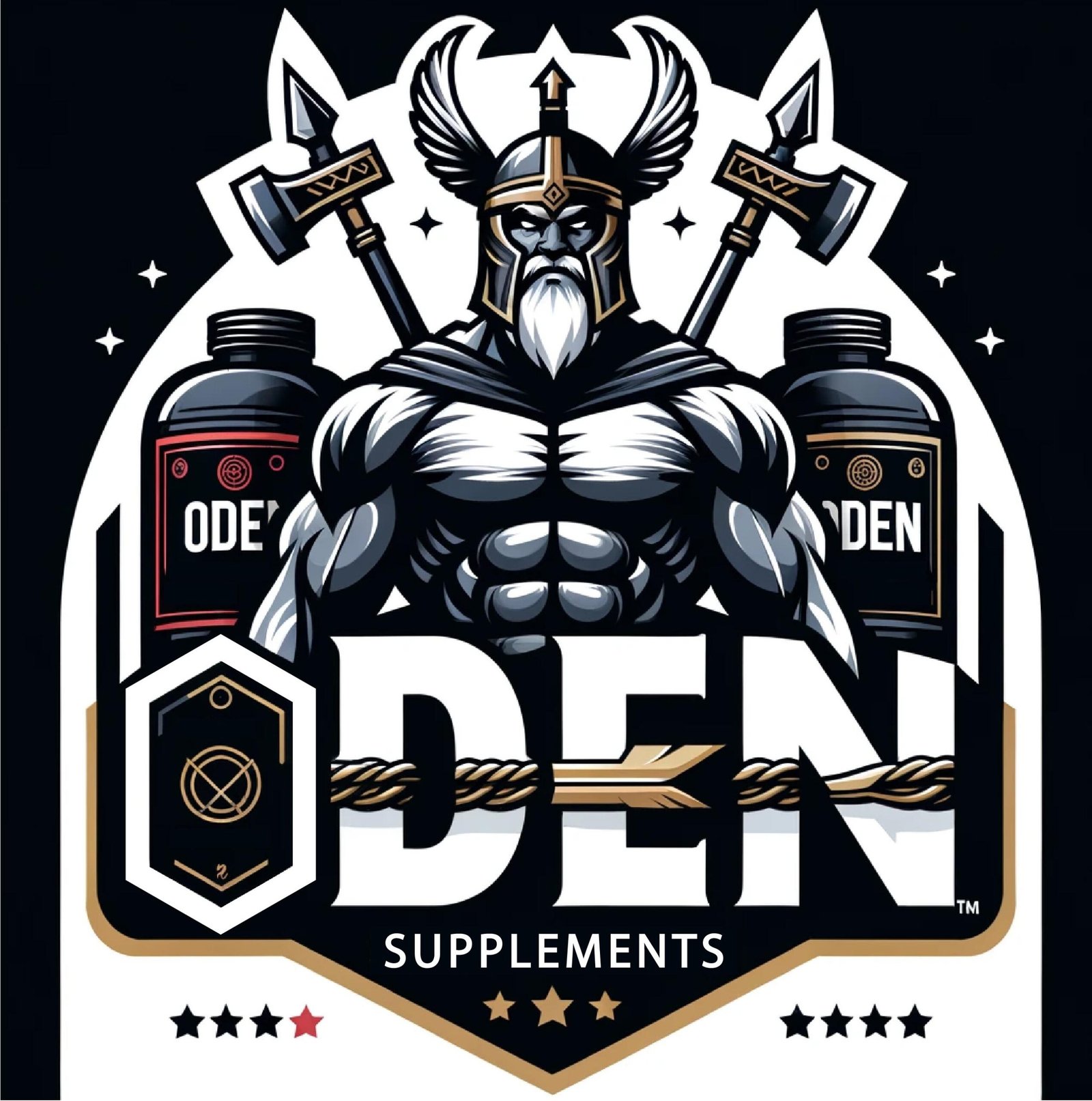
 API
API
 Blade Sport
Blade Sport
 Challenger Nutrition
Challenger Nutrition
 Full Force
Full Force
 GAT
GAT
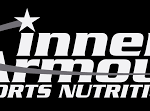 Inner Armour
Inner Armour
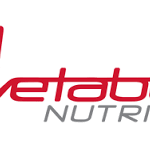 Metabolic Nutrition
Metabolic Nutrition
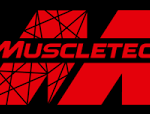 Muscletech
Muscletech
 Now
Now
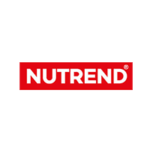 Nutrent
Nutrent
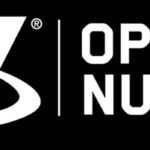 Optimum Nutrition
Optimum Nutrition
 Pharma First
Pharma First
 Ronnie Coleman
Ronnie Coleman
 Scitec Nutrition
Scitec Nutrition
 USN
USN
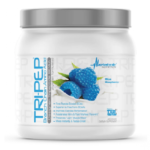 Amino Acids
Amino Acids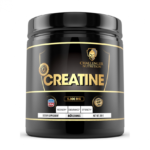 Creatine
Creatine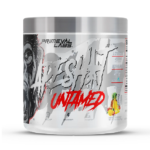 Pre-Workout
Pre-Workout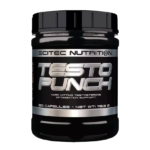 Testosterone
Testosterone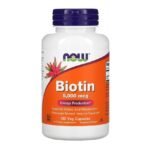 Vitamins
Vitamins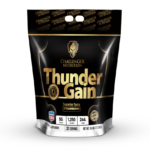 Weight Gainer
Weight Gainer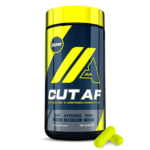 Weight Loss
Weight Loss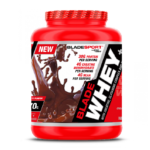 Whey Protein
Whey Protein